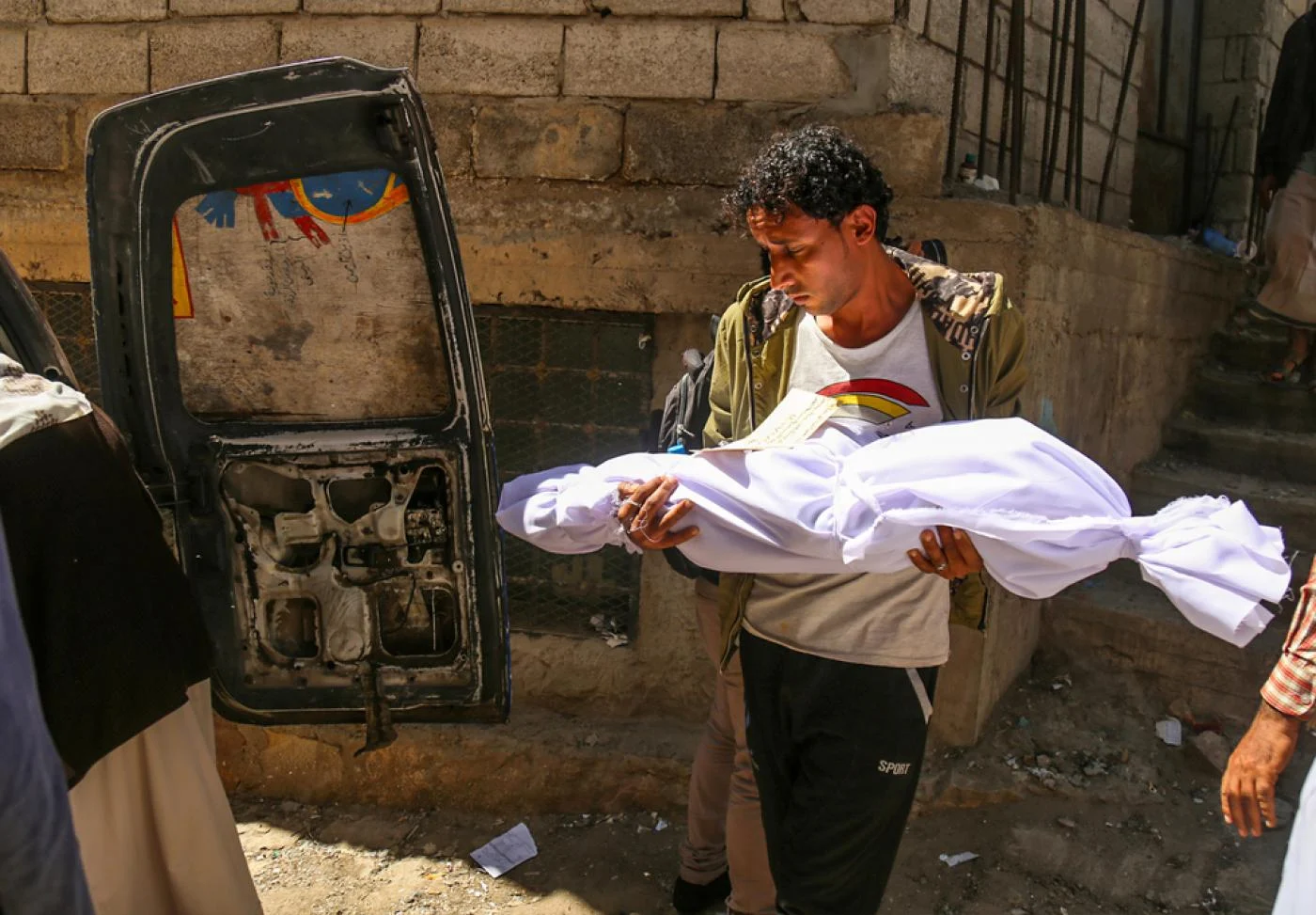Westminster, (Parliament Politics Magazine) – With the war in Ukraine and domestic economic and political turmoil dominating our news cycle, it is all too easy for the continuing devastation of Yemen to be forgotten.
My own happy memories of this wonderful country are confronted by an unfolding picture of famine, suffering and fragmentation as town by town, street by street, and house by house this beautiful country is being destroyed. The impact of the war in Yemen on the Yemeni people, especially women and children, is painful for us to watch as silent bystanders.
Being born and spending my formative childhood years in Aden, I want to pay witness to the hospitable place I remember of the blue skies, hot sand, sardine sandwiches on the beach after school, and families and friends meeting at parties and weddings or the Orient Club. Our friends were from the local Arab community and other nationalities, all mixing in a continuous dance of everyday life. My mother taught in a local school, but this happy life came to a halt when a bomb exploded minutes after she had driven past the spot and my parents realised it was not safe for us to stay.
This once bustling Port of Aden now suffers from the war and the stalemate gripping Yemen, which has led to the worst humanitarian crisis in the world with widespread hunger, disease, and attacks on innocent civilians.
The 8-year-old war is a conflict between the internationally recognised Government, backed by the Saudi-led military coalition, and Houthi rebels, who are supported by Iran. Peace efforts gained momentum in April 2022, when Yemen’s new governing council helped to consolidate anti-Houthi forces, a move that set the stage for inclusive negotiations. The first nationwide ceasefire in years allowed commercial flights to resume from Sanaa and some fuel ships to dock in Hodeidah. But after six months of relative peace, the parties failed to renew the ceasefire agreements. Both the Yemeni Government and the Houthis have blamed each other for the disintegration of the deal, which has led them back to heavy fighting and plunged Yemen into a full-scale crisis.
According to the United Nations Development Programme estimates, more than 370,000 people have died because of this war, with indirect causes, such as lack of food, water, and health services, causing almost 60% of those deaths. The United Nations Refugee Agency state that three out of four Yemenis require humanitarian aid and protection and four million are internally displaced. A further five million are at risk of famine and the cholera outbreak has affected over 1 million people. Fewer than half of the health facilities in Yemen are functioning, and many that are operational do not have even the basic equipment. Many health workers have not been paid their salaries. In March 2022, about 17.4 million people needed food assistance, with a growing proportion of the population having to cope with emergency levels of hunger. The conflict’s death-toll has been growing.
The urgency of the situation is stark because the crisis in Yemen is exacerbated by the effect of the war on the humanitarian footprint and an economic crisis continues to compound the ongoing crisis. With around three quarters of Yemen’s population living in poverty, disease is rampant and of course the covid-19 pandemic made matters worse.
What hope is there? Great work has been undertaken by the UN Special Envoys Martin Griffiths, on the Stockholm agreement and more recently Hans Grunberg. By working on de-escalating mechanisms through the Military Coordinating Committee, turning their swords into ploughshares, and with the UK as Penholder an appropriate resolution can be drafted immediately.
The world must not stand by and watch the destruction of a country and the death of so many innocent civilians. The country is burning, and the people are suffering. I know we have our own problems to deal with here, but ignoring this massive crisis is a disgrace to humanity. I long to take my own family back to visit this beautiful country whose peoples are desperate for peace and to be themselves – welcoming, generous, and independent.
Rt Hon Valerie Vaz MP
Walsall South

